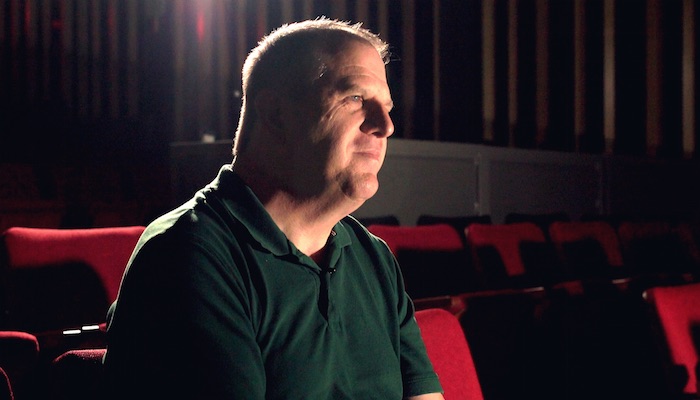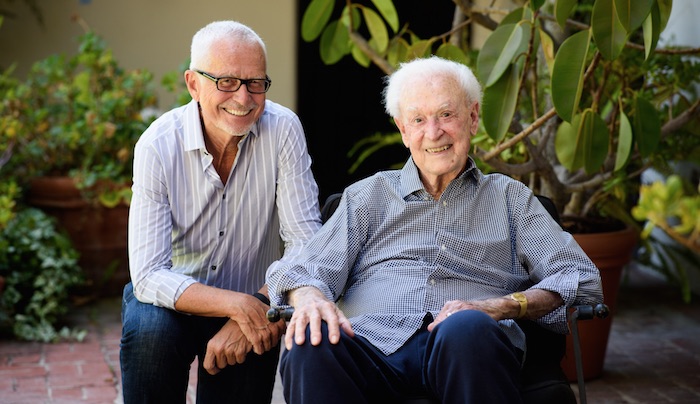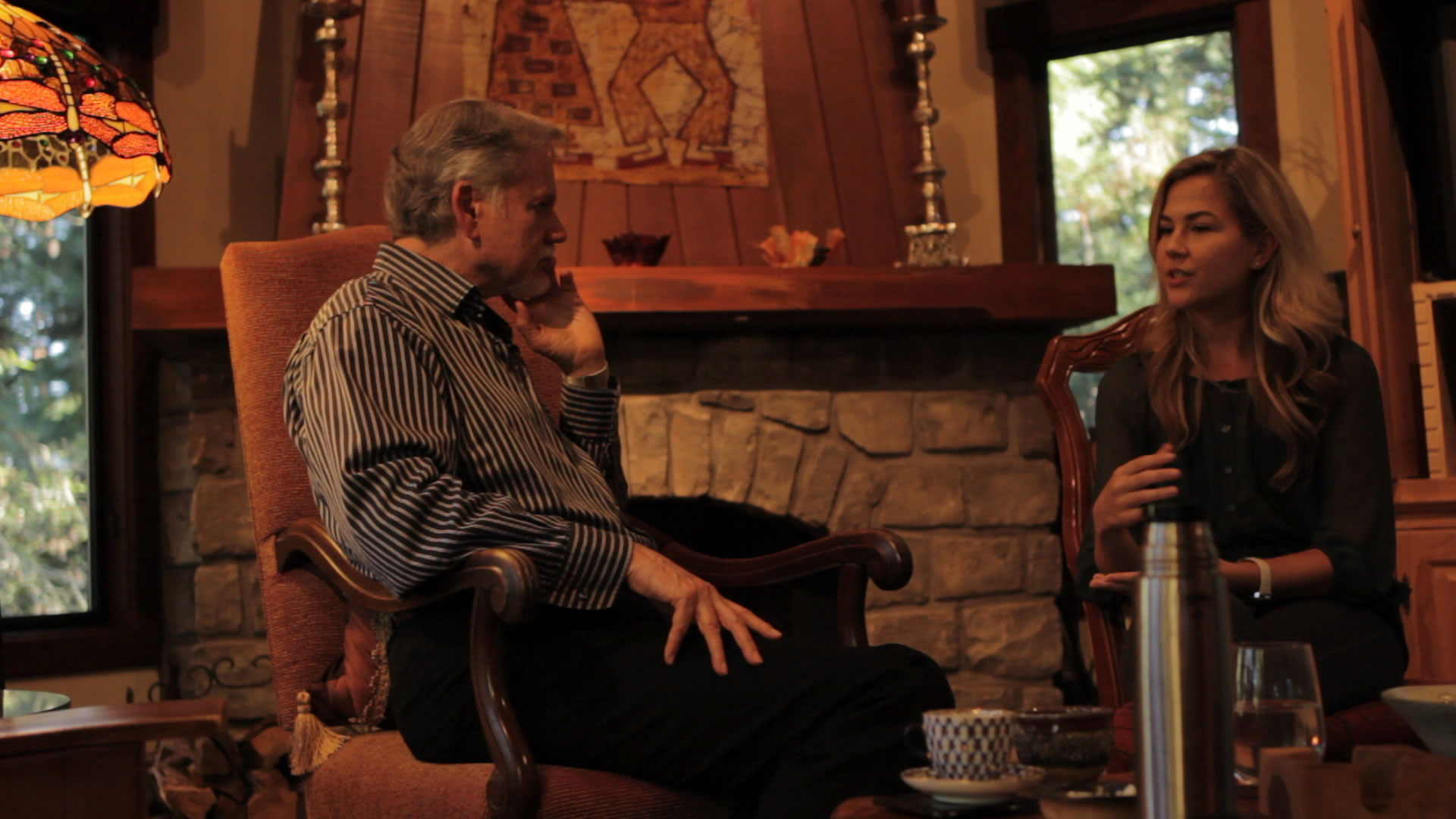PERFECT BID: THE CONTESTANT WHO KNEW TOO MUCH
 Sunday, December 10, 2017 at 10:36AM
Sunday, December 10, 2017 at 10:36AM Featuring: Theodore Slauson, Bob Barker, Roger Dobkowitz, Drew Carey and Kevin Pollak.
Director: C.J. Wallis
Rating: 4/5

The curious case of Theodore Slauson and the role he played in one of the most remarkable moments of television history is examined with an acutely insightful eye and jaunty rhythm in director C.J. Wallis’ hugely enjoyable doc, Perfect Bid: The Contestant Who Knew Too Much. The 52 year-old survivor of game show infamy proves to be droll and delightful frontman for his own story, which Wallis recounts utilising first-person recollections, archive footage and some stylishly employed bridging animation.
A head for mathematical detail served Slauson well when his obsession with the iconic game show The Price is Right took full flight during his teenage years in the 1970s. The middle child of a middle class family raised in household where television was the centrifugal force, young Ted began to notice that the prizes on offer to contestants would often be repeated. Slauson took notes, first mentally and then electronically; by the mid 80s, with more than a decade of episodes logged, he knew the exact make, model and, most importantly, price of the entire prize catalogue.
The first half of Wallis’ charming, personality-driven profile affords insight into the rare depths that this brand of fandom occupies. There is not a judgemental frame of footage in Perfect Bid, which could have easily taken a mocking tone towards a man who spent the best part of four decades fixated on a daytime game show. In recounting his time spent lining up for a shot at player stardom and the special brand of ‘audience celebrity’ he became in his own right, Slauson’s ingratiating, self-effacing self-awareness proves entirely disarming.

Of course, most obsessions reveal a dark side. For Ted Slauson, it was in the form of Terry Kniess, whom Slauson befriended while waiting in line in September 2008. Kneiss would become the first contestant in the history of The Price is Right to place a perfect bid in the showcase round, with Slauson screaming numbers in support from the front row of the audience (participation encouraged as part of the show’s appeal).
At the time, the ‘Perfect Showcase’ was deemed an impossible act; new host Drew Carey, in footage gleaned from his appearance on Kevin Pollak’s Chat Show podcast, recalls how production was halted when the numbers revealed the anomaly and the consequences of such an event were weighed.
Thematically, Wallis touches on the notion of ‘careful what you wish for’. The fan mantra “Loyal Friends and True” that was preached by the show’s producers was severely tested in the wake of the Kniess incident. For Slauson, any notion of aiding in a scam to cheat the show was mortifying, as was the preposterous notion of a vengeful conspiracy in the wake of the sacking of veteran showrunner Roger Dobkowitz and the departure of beloved host Bob Barker (both of whom lend their beaming personalities to the film; pictured, above, l-r Dobkowitz and Barker).
Wallis’ account of the super-fan’s journey guided, in part, by the power of television proves a joy. In relating an everyman’s life altered/enriched/elevated when it crosses paths with his obsession, Perfect Bid: The Contestant That Knew Too Much will speak with a very clear and relatable voice to those who seek it out. However unwittingly, Theodore Slauson dictated his own destiny through a lifetime of commitment and dedication, two of the key components of the great American dream. As is winning one’s fortune on a game show.
 Controversy,
Controversy,  Documentary,
Documentary,  Television
Television 
